Empowering Your Multimodal AI Vision With Nebari
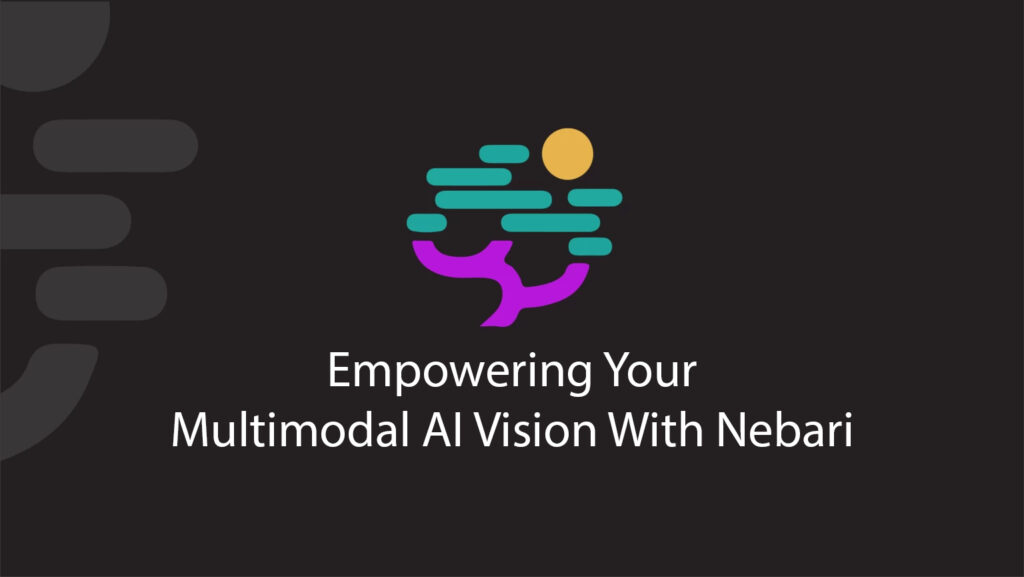
As someone who loves to tinker with the latest open models, I know the joy and hassle of getting from The Release Post to the first working inference call.
How Many DataFrame Libraries Do You Need To Change a Lightbulb?

Exploring Pandas, Polars, DuckDB, and Beyond
Lessons Learned from NumPy’s Journey

A Conversation with Ralf Gommers Exploring Governance, Growth, and Open Source Insights
A Quick Overview of Nebari
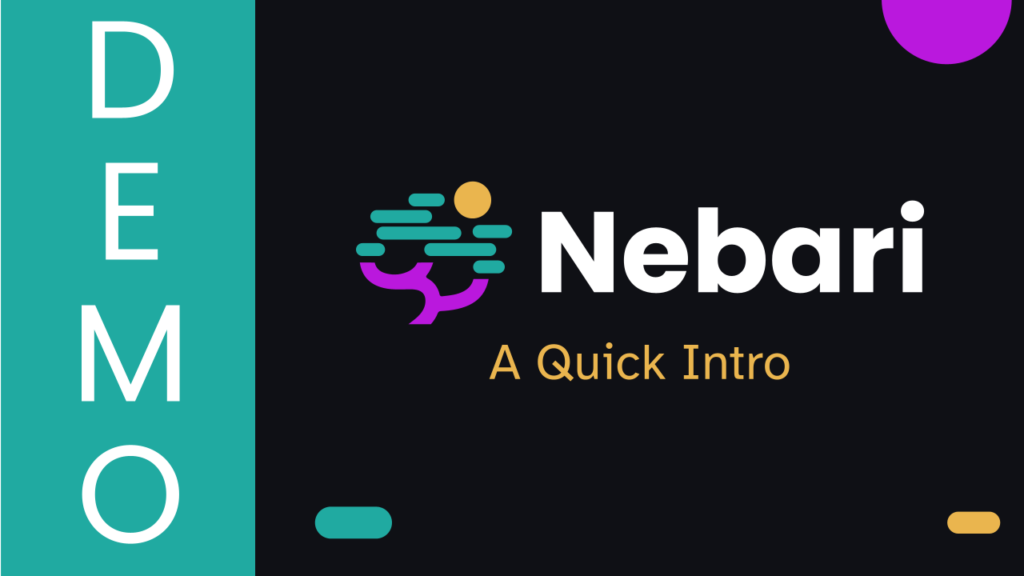
A Collaboration-minded AI Platform for Data and Science.
Simplifying Software Packaging for Scalable, Reproducible Development
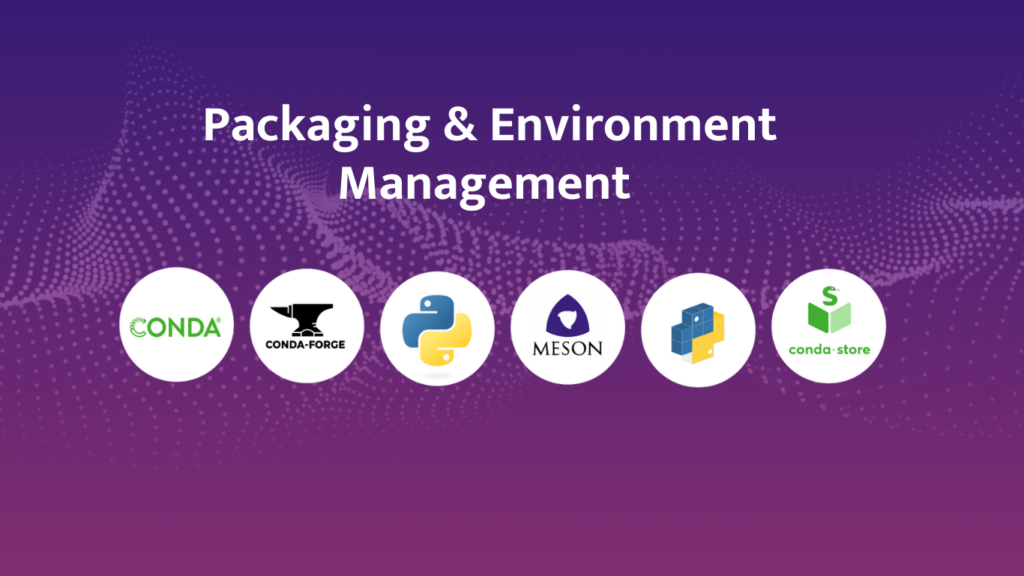
From development to production, Quansight ensures stability and scalability across environments.
Building Private On-Prem AI Infrastructure
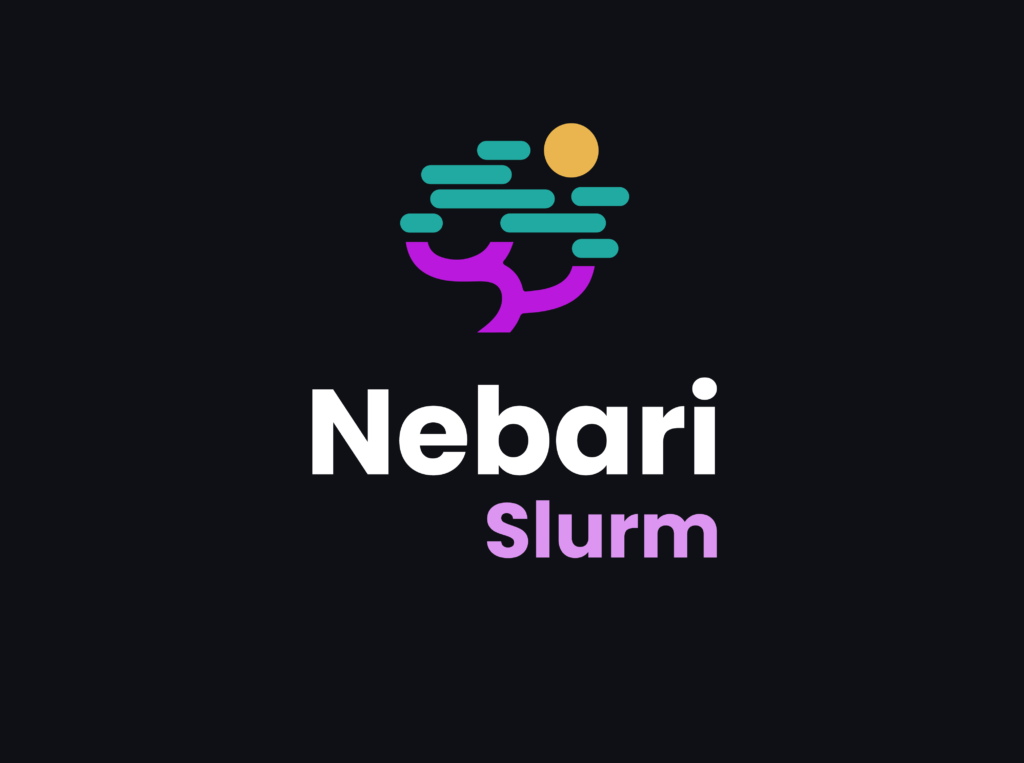
There are many reasons to keep your AI infrastructure on-prem. These range from cost concerns (GPUs in the cloud get expensive fast) to organizational policies to data privacy and regulatory concerns
My NumPy Year: Creating a DType for the Next Generation of Scientific Computing
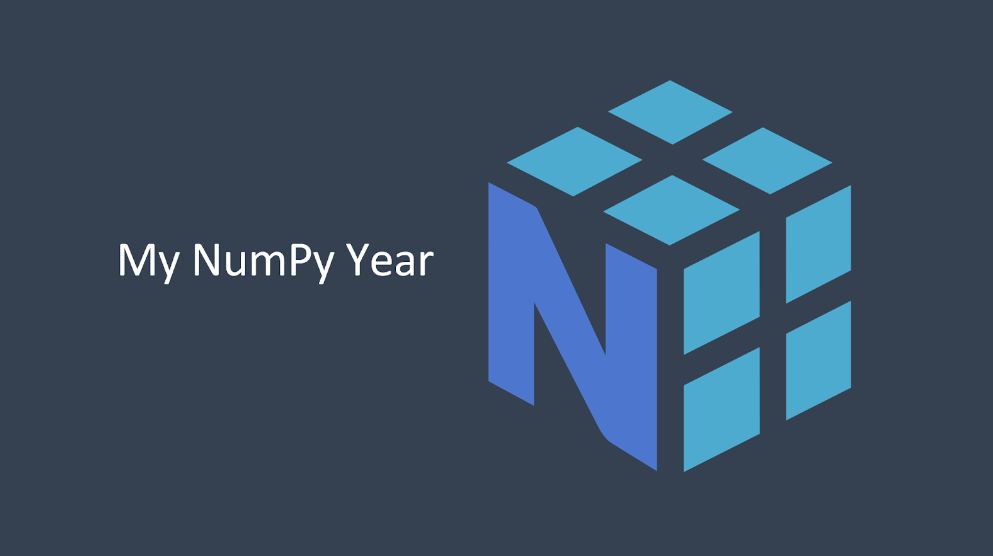
First, I’ll start with a brief history of strings in NumPy to explain how strings worked before NumPy 2.0 and why it was a little bit broken.
Easy AI Computational Benchmarking Across Multiple Cloud Resources

Determining the most efficient cloud hardware for training, evaluating, or deploying a deep learning model can be time-consuming, and if the model runs on poorly chosen resources, the cost can be high. Historically, benchmarking AI model computational performance required sophisticated infrastructure or expensive SAAS products, which are often out of reach for teams without dedicated DevOps expertise or deep pockets.
A Year in Review: Quansight’s Contributions to PyTorch in 2023 (& Early 2024)
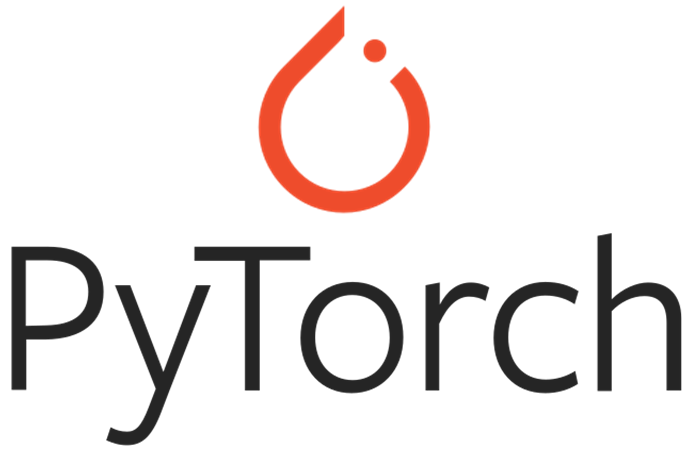
2023 will be remembered as the year when AI and LLMs took the world by storm. PyTorch took center stage during this revolution due to the rise of torch.compile. The combination of having a fully flexible eager execution model, paired with a compiler with a rather flexible tracer that is able to understand complex Python programs semantically, has certainly been one of the core components fueling these advances.
Make Your AI Vision a Reality with Quansight’s AI Engineering Consulting
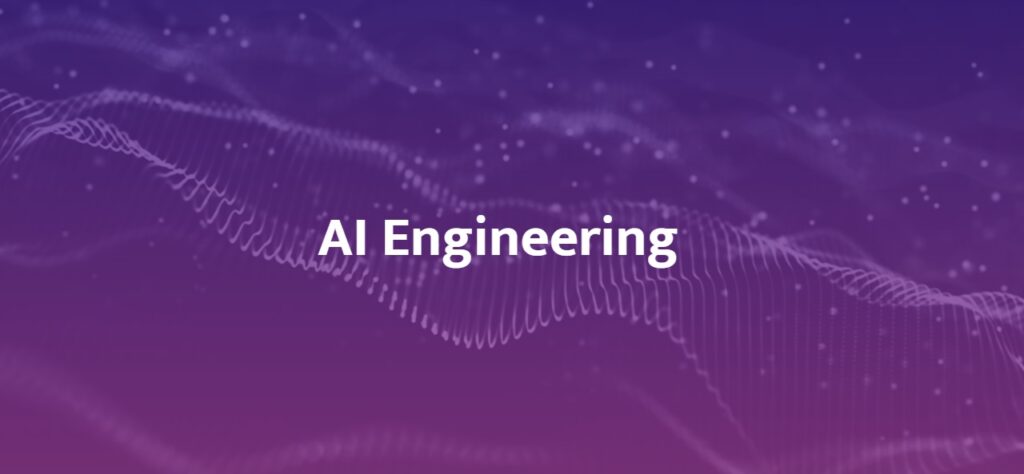
Artificial Intelligence (AI) is reshaping industries worldwide, driving innovation and pioneering new possibilities. The journey from AI research to practical, enterprise-ready solutions can be challenging, and this is where Quansight’s AI Engineering consulting services come into play. With our deep expertise in open source scientific computing
